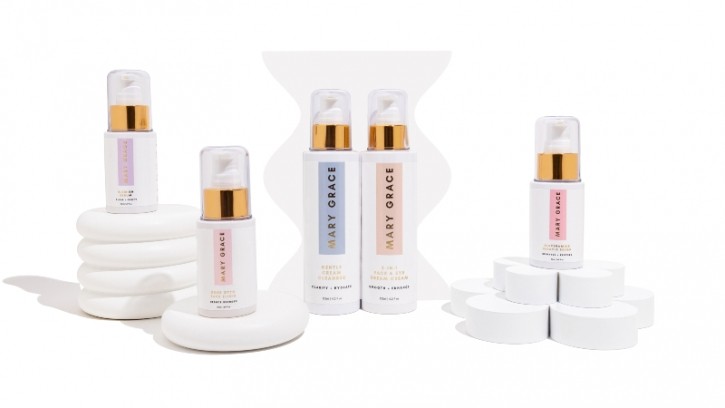Microbiome misinformation: Tame down on excessive use of hype or risk consumer burnout – expert

Although microbiome-friendliness is an emerging trend, some consumers are already getting burned out about it, said Mary Gouganovski
“As every individual’s microbiome is unique, it is, in reality, hard to be microbiome-friendly. In Australia, words like microbiome just go over local consumers’ head because they tend to not like overly specific or overly scientific things attached to products like skin care,” she told CosmeticsDesign-Asia.
At the same time, Gouganovski pointed out that product claims these days could get “overwhelming”.
“For example, do we really need gluten-free labels on beauty products? It’s not necessary to throw all these hype words at consumers just to convince them to buy your product. It’s more important to focus on key pillars that mirror who you are as a brand, and consumers would gravitate towards that to learn more about your products.
“Consumers are looking things up more, and they are not afraid to dive deep into an ingredients list to make sure they are good for the skin. We need to provide enough information but not overwhelmingly. People want to trust in a brand more than just a few keywords on a website. Right now, there’s a lot of fatigue around overused labels.”
In addition, Gouganovski thinks there should be greater focus on sensitive skin.
“Based on the fact that 57% of the world’s population suffer from sensitive skin of varying levels, there will be growing awareness around symptoms and sensitivity to products. People used to think that sensitive skin relates to psoriasis or dermatitis etc., but it can be as simple as redness or a feeling of itch.
“There are so many factors that the industry as a whole has not touched on yet. However, it is increasingly coming to the forefront of everyone’s minds when they purchase skin care and when they think of what to put on their faces. So, I believe the direction we’re heading towards is a focus on sensitivity more than anything else.”
Counteracting the spread of misinformation
Another area of concern in the cosmetics industry today involves the amount of misinformation, particularly online.
“There is a big gap in consumer education, and much of the misinformation or fearmongering is due to blogs or people who don’t exactly know what they’re talking about.
“Some brands claim that they are free from certain ingredients without explaining why. Not all chemicals and preservatives are bad. Without a preservative, skin care has no shelf life. Instead of teaching customers how to make an informed decision, brands tend to pick up on trends and run with them. Some even release an entire range based on a single trending ingredient.”
According to Gouganovski, even if there is lack of scientific evidence on the product’s efficacy, people will still buy it, especially when it comes from a big brand.
As such, she hopes to see more efforts in re-educating consumers on “what actually is and isn’t bad”.
“Bridging the gap on misinformation is something that both brands and journalists need to do. The emergence of indie brands that are taking more time and placing more care into their formulations is a positive sign. These brands are really putting in the hard yards to ensure that the products they’re introducing are of good quality.”
Old is gold
Mary Grace emphasises on using time-tested ingredients that are known to be effective.
“Trends come and go — something that is popular at the moment doesn’t always mean it works or has been tested for a long term. Our products are created with age-old ingredients like aloe vera and vitamins that have been used for generations.
“Also, we do not use potent levels of ingredients or fillers just to put them on the label. An amount that has proven to work well for different ages and skin types is sufficient. Our vitamins-based skin care, which is easily absorbed by the body, has been the magic for us,” said Gouganovski.
Furthermore, she told us that a new vitamin C and peptide serum, which has been in development for close to two years, was slated to be launched within the next few months.






















